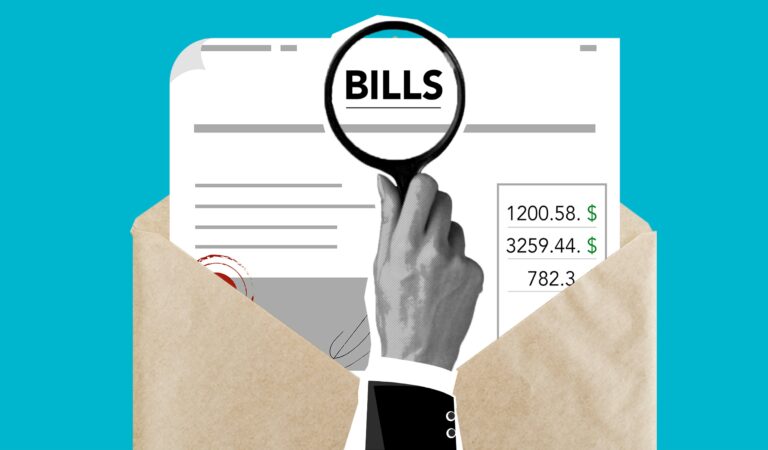
Back to School Planning to Protect Your Kids
As the school year kicks off, life can get hectic for parents. Between juggling school schedules, extracurricular activities and daily responsibilities, it’s easy to overlook important tasks. According to Kiplinger, one of the most crucial forgotten tasks is using estate planning to safeguard your child’s future from unforeseen circumstances. As your minor children return to school and work toward their future, it’s the perfect time to do your part.
Why Should You Plan for Your Child’s Future?
Every parent dreams about their child’s future; you might have ideas about the college they will attend, the career they will pursue, or the values you want to instill in them. However, have you considered what would happen if you were no longer around to guide them? It’s not a pleasant thought. However, every parent must ensure that their children will always be secure.
Estate planning can help you make your wishes felt even when you’re gone. Single or unmarried parents can use an estate plan to decide the guardians for their minor children rather than the state deciding. Trusts can set aside assets to fund specific goals.
What are Goals for Your Child?
Think about the goals you have for your child. Do you want them to achieve a higher education? Learn a valuable trade? Maybe you hope they will start their own business or spend time volunteering for important causes. Your goals can shape the kind of estate plan you create.
Can an Estate Plan Help?
An estate plan can help in many ways. An estate plan allows you to document your own values and goals for using money through how it is distributed to your children. You can create a plan for your child’s education, whether it is college or trade school. You can also incentivize them to achieve certain milestones, like maintaining a job or participating in charitable activities, by offering financial rewards. If experiencing the world is something you value, you can set aside money for travel or other experiences.
One of the most critical opportunities estate planning trusts offer is an alternative to the unlimited lump sum payment. Eighteen-year-old new adults are rarely ready to receive a five-, six-, or seven-figure payment all at once. This lump-sum payment occurs when parents fail to plan for inheritance or settlement money or when parents have listed minor children as life insurance or retirement plan beneficiaries and pass away unexpectedly. Lacking the financial savvy to appropriately use a large sum of money, new adults often squander the money or develop an unhealthy, unsustainable lifestyle. As such, structuring the assets you leave behind to minor children through an estate plan is invaluable.
What Is a Continuing Trust?
One useful tool in estate planning is a continuing trust. A continuing trust can hold and manage money for your children until they reach a certain age or achieve specific goals. This can prevent them from receiving a large lump sum at 18, which they might not be mature enough to handle. They can instead receive smaller distributions over time, which can help them learn financial responsibility.
How Does a Continuing Trust Work?
A continuing trust allows you to decide your children’s ages and amounts for disbursements. This type of trust can be particularly beneficial if your child is still a minor or if they might struggle with financial responsibility. It can also protect your child’s inheritance from being squandered on unnecessary expenses.
What are the Benefits of a Continuing Trust?
Continuing trusts are especially helpful in protecting minors from inheriting large sums of money they might not be ready to manage. It can also provide safeguards for children who might struggle with financial decisions or face risks from addiction or lawsuits. The trust ensures that the money is used responsibly and can support your child’s future in a meaningful way.
What are the Potential Issues with Continuing Trusts?
While continuing trusts have many benefits, they need to be carefully drafted. There might be situations where your child needs a large sum of money, and the trust doesn’t allow it. Managing a trust also takes time and money. Trustee fees and income taxes can add up, so it’s essential to consider these costs. You need to choose a trustee who can manage the trust effectively and has your child’s best interests at heart.
What Other Types of Trusts Can Help?
Other trusts can support your child’s future. Health and Education Exclusion Trusts (HEETs) can cover educational and healthcare costs. Incentive trusts can motivate your child to achieve goals, like getting good grades or starting a business.
Beneficiary-controlled trusts give your child some control over their inheritance, while protecting it from creditors and other risks.
Start Planning Your Minor Children’s Future
Creating a comprehensive plan for your child’s future might seem daunting. However, it’s an essential step in protecting it. Contact our law firm today to schedule a consultation and get started.
Key Takeaways
- Protect Your Child’s Future: Ensure that your child’s financial and emotional security through proper estate planning.
- Tailored Trusts: Set up continuing and other specific trusts to responsibly manage and distribute your child’s inheritance.
- Controlled Inheritance: You can control when and how your child receives their inheritance, avoiding large sums at a young age.
- Motivate Achievement: Utilize incentive trusts to encourage educational and personal milestones.
- Professional Assistance: Gain peace of mind by collaborating with an estate planning attorney to create a thorough and effective plan.
Reference: Kiplinger (Nov 18, 2023) “To Protect Your Kids, Consider These Estate Planning Steps”









